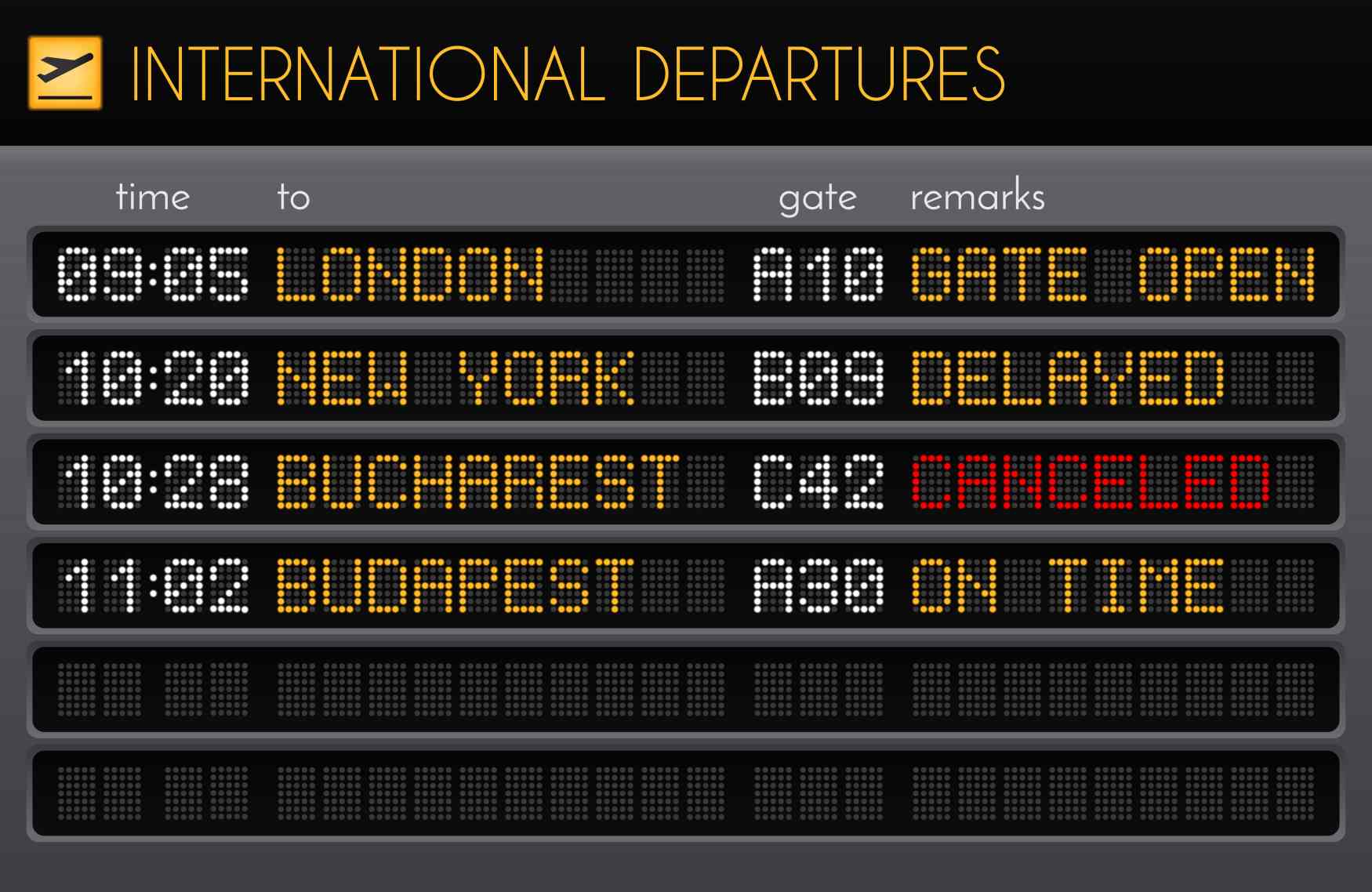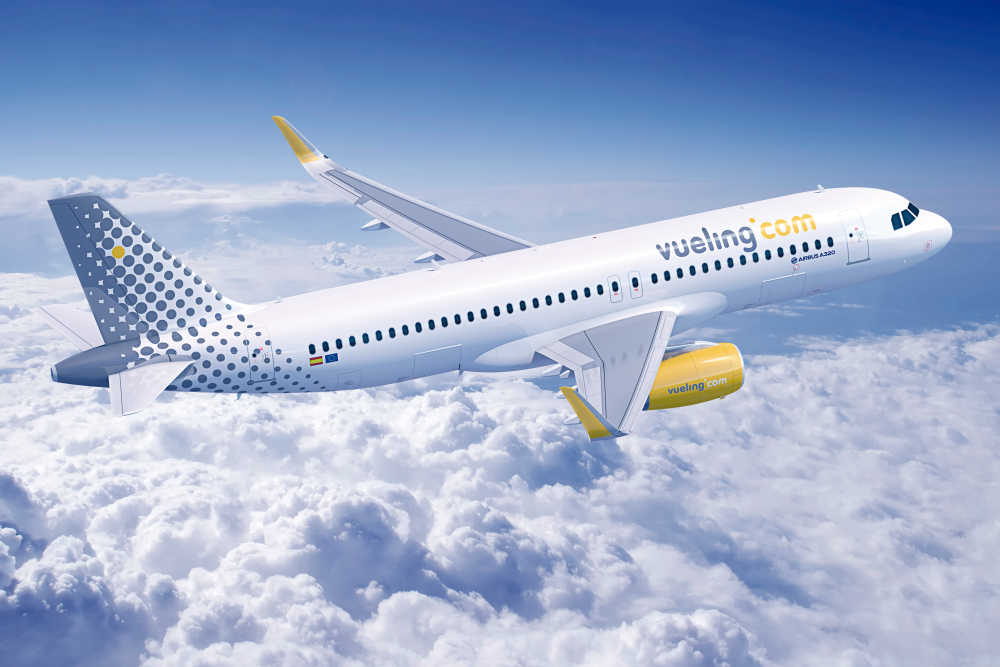For nearly two decades, European airline passengers have relied on strict flight compensation delay regulations to hold airlines accountable for delays and cancellations. However, these protections could soon be weakened, sparking fierce debate between consumer rights advocates and the airline industry.
A new proposal, led by Poland’s EU presidency, seeks to increase the delay threshold for compensation from three to five hours. If approved, the change could eliminate up to 80% of current compensation claims, potentially saving airlines billions of euros while significantly reducing passenger rights.
The Driving Force Behind the Change
The strongest supporters of these reforms are major European airlines and industry lobbying groups. Airlines for Europe (A4E), an organization representing aviation giants such as Air France-KLM, Lufthansa, Ryanair, easyJet, and Volotea, has been aggressively pushing for these changes.
These airlines, which collectively control 70% of Europe’s air traffic, argue that the current compensation system is unsustainable, forcing them to:
- Raise ticket prices to cover compensation costs
- Fight thousands of legal claims due to inconsistent EU court rulings
- Struggle with financial instability, particularly in the wake of pandemic-related losses
According to an internal A4E report obtained through sources in Brussels, airlines are intensifying lobbying efforts to ensure the new threshold is approved. Industry executives argue that raising the delay threshold will help restore financial balance in the aviation sector.
Consumer Groups Warn of Passenger Rights Erosion
Consumer advocacy organizations, however, see this as a direct attack on passenger rights. AirHelp, one of the largest passenger compensation firms, warns that the change would:
- Dramatically reduce passenger payouts, eliminating claims for 80% of delayed flights
- Allow airlines to delay and cancel flights without financial consequences
- Shift the financial burden onto passengers, forcing them to pay for alternative travel arrangements
“Airlines already find ways to delay flights strategically to avoid compensation,” an AirHelp spokesperson said in an exclusive statement. “If the delay threshold is raised, they will have even fewer reasons to prioritize on-time performance. The only winners here are airline shareholders.”
Aviation lawyers, who have fought thousands of cases against airlines, share these concerns.
“This is a coordinated effort to dismantle a law that has protected passengers for nearly two decades,” says Elena García, a Madrid-based aviation attorney. “Airlines are moving the goalposts to make it harder for passengers to claim what they’re rightfully owed.”
What’s Next for Airline Passengers?
With billions of euros at stake, the battle over passenger compensation is far from over. Consumer rights groups are rallying to oppose the reforms, while airline industry players continue their lobbying efforts behind closed doors.
If the EU moves forward with the proposed changes, passengers in Europe could face longer delays with fewer rights to compensation—marking a significant shift in the balance of power between travelers and airlines.









